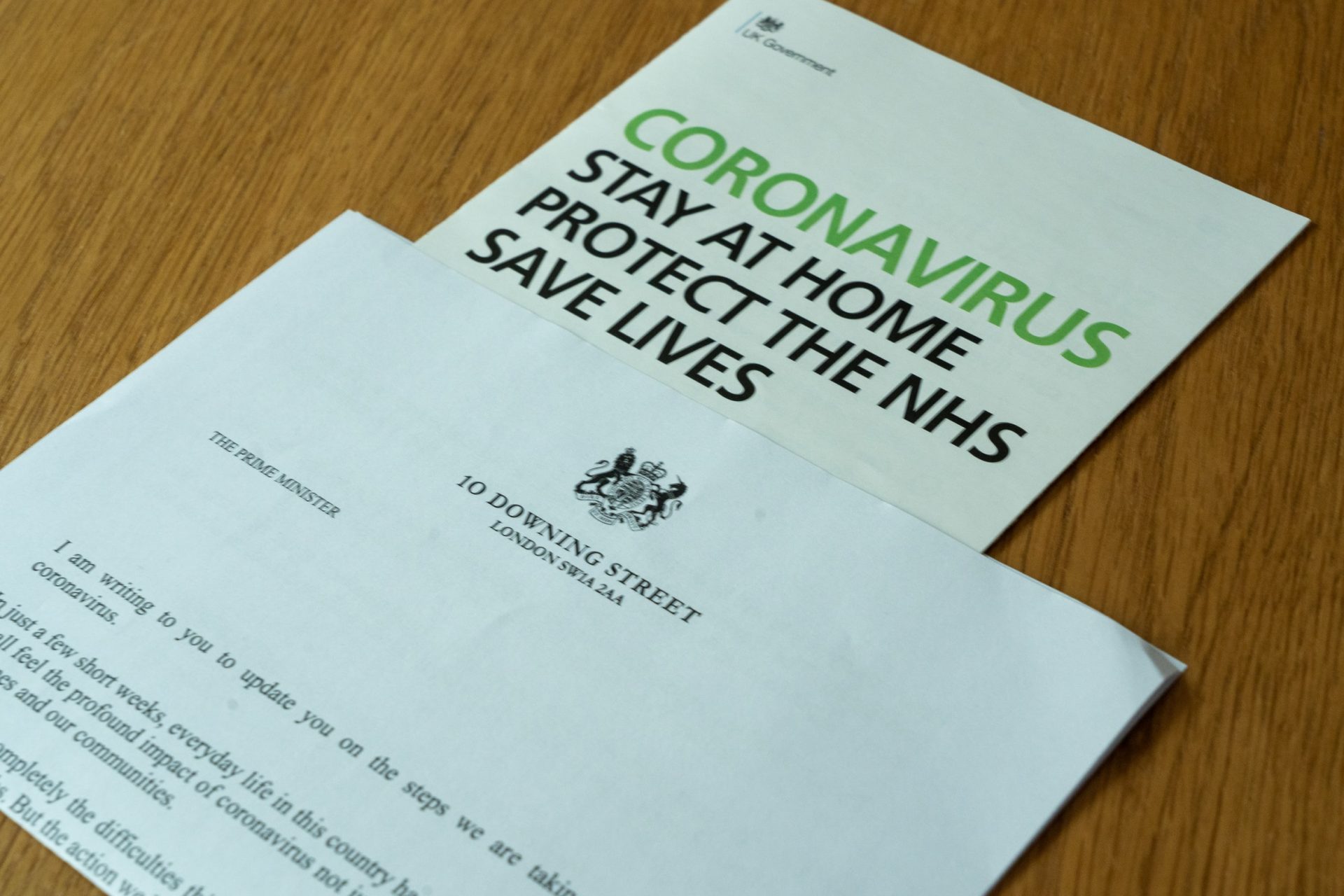New research published in a report by Kent and Belong – the Cohesion and Integration Network has found that over half (51.6%) of people think UK government communication lacks honesty and credibility. The findings suggest that people view local communication as more honest, credible, empathetic and directly relevant to their needs than UK government communication.
The research funded by the Nuffield Foundation examined people’s thoughts on communication about Covid-19 by the UK government, by local government and by devolved governments over the last year.
- 19.9% of people attributed high honesty and credibility to UK government communication, compared to 26.3% for local government communication.
- 50.2% thought that UK government communication lacked empathy and 19.9% thought the level of empathy was high.
- More people thought local government communication was higher in honesty and credibility (26.3%) and empathy (24.4%).
- 47.9% thought UK government communication did not meet their community’s needs, compared to 35.9% for local government communication.
44.8% of people viewed UK government communication as highly accessible and easy to find, compared to 33.1% for local government communication.
The findings did show that both UK and local government communication were perceived as fairly clear and as using understandable language.
With the lifting of most restrictions, including a relaxation of travel restrictions, there is a greater reliance now on ‘personal responsibility’. According to the report, it is therefore vital that people can understand advice, guidance and restrictions nationally and in their local area.
The report concludes that local areas and local government are in a stronger position to influence behaviour because they are more likely to be regarded as trusted and credible. However, it also states that they need better resourcing and support to make crucial information more widely accessible and easier to find. The report recommends that both local and national government need to improve and coordinate their communication better in order to support the public to manage the virus.
Professor Dominic Abrams, the lead researcher of the report and director of the Centre for the Study of Group Processes at the School of Psychology, said
“Many people have faced uncertainty about what we can and cannot do over the past year. Our evidence highlights issues around whether they think UK government communication is honest and credible, and also the difficulty in accessing more trusted information from local government.
This suggests a very important gap that needs to be addressed. Our findings highlight the need for the UK government not just to provide clear factual information, but to better equip local government with up-to-date information and resources to respond to the needs and questions raised by their communities.”

